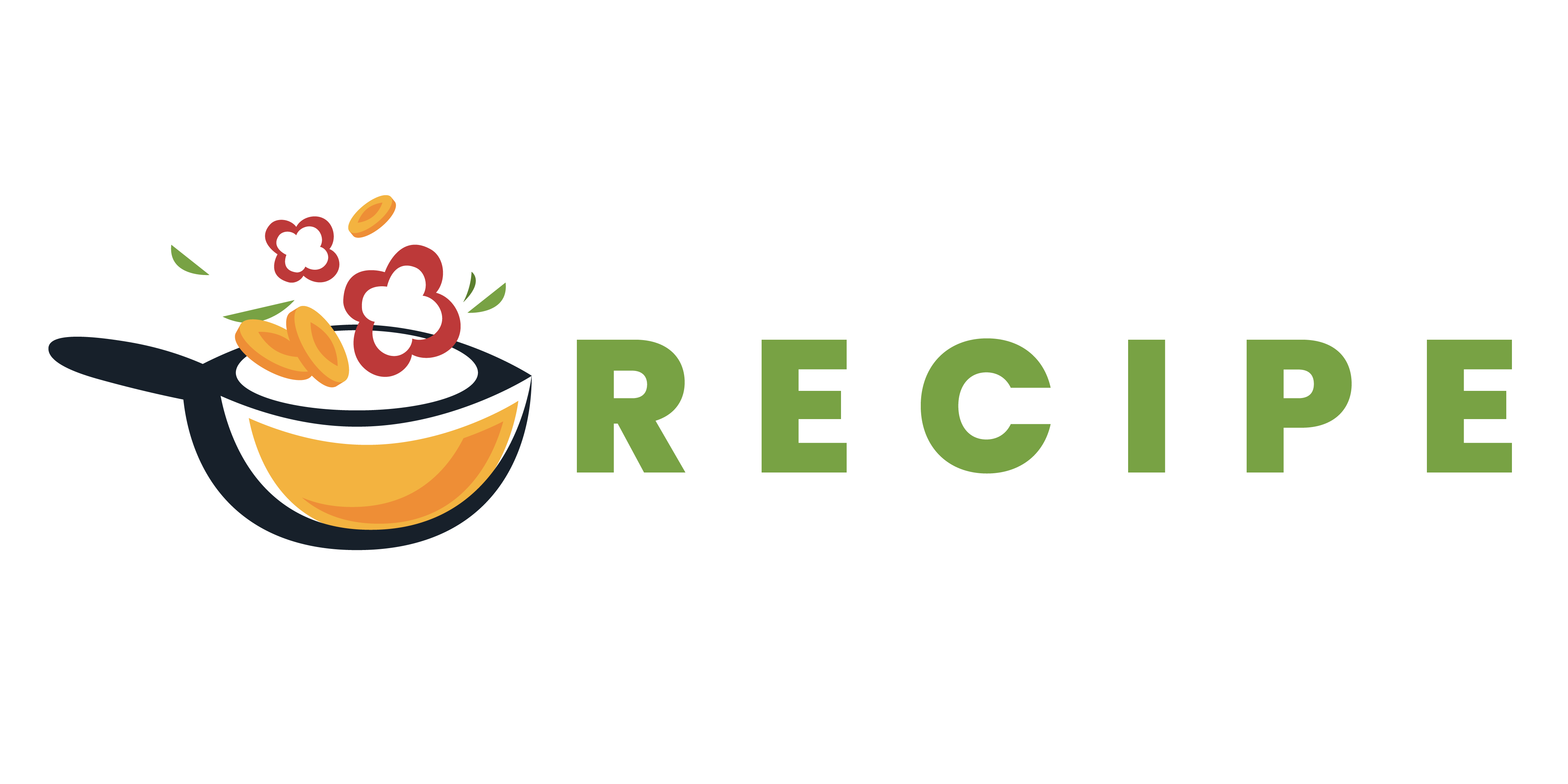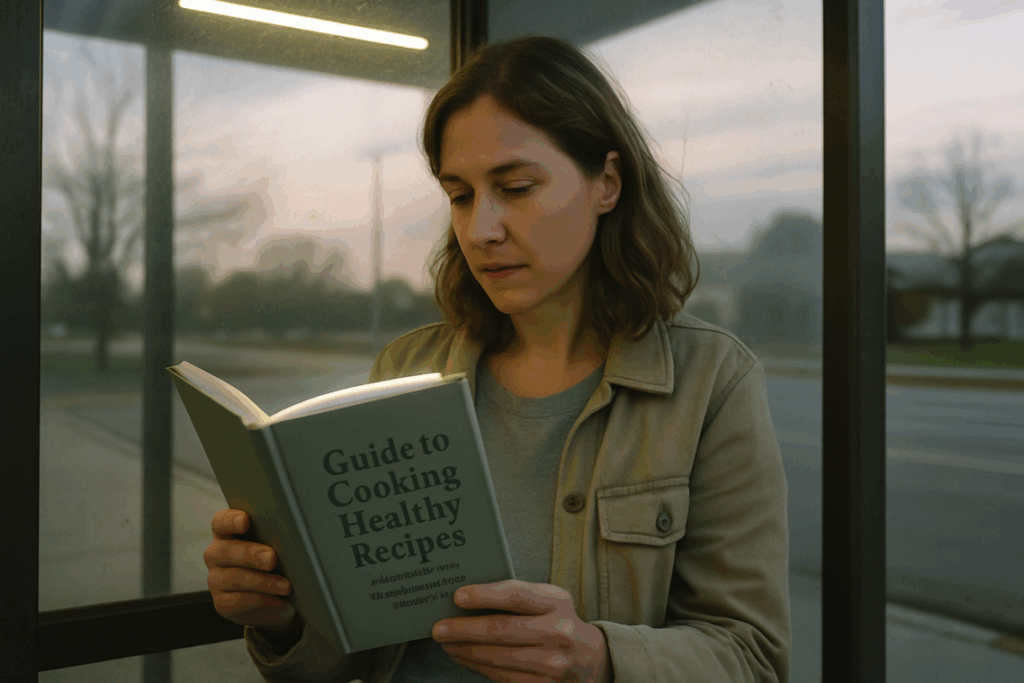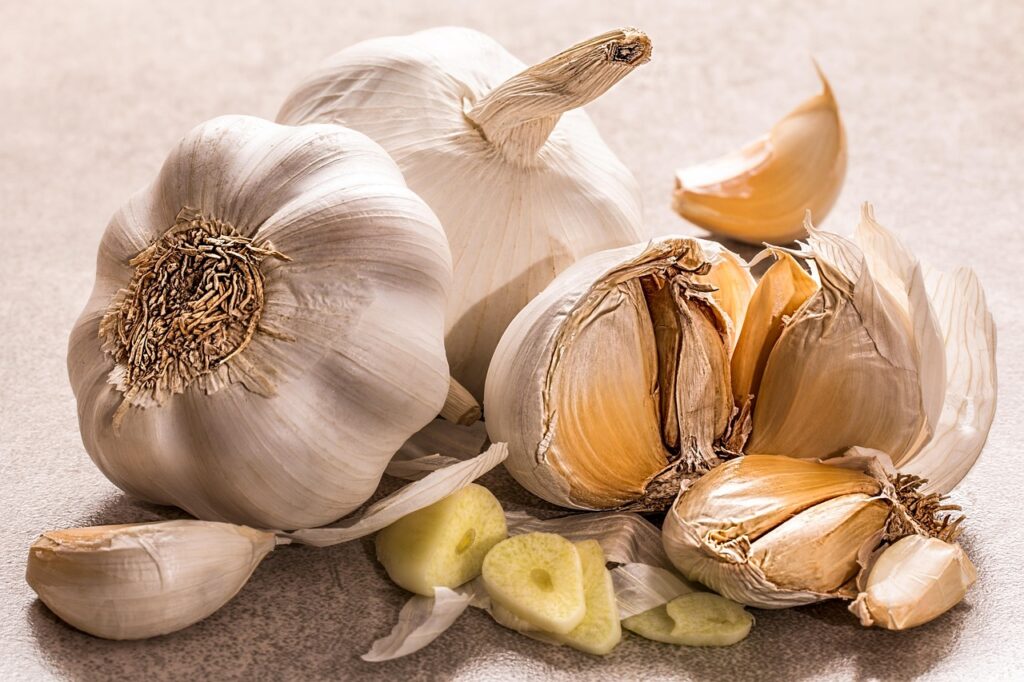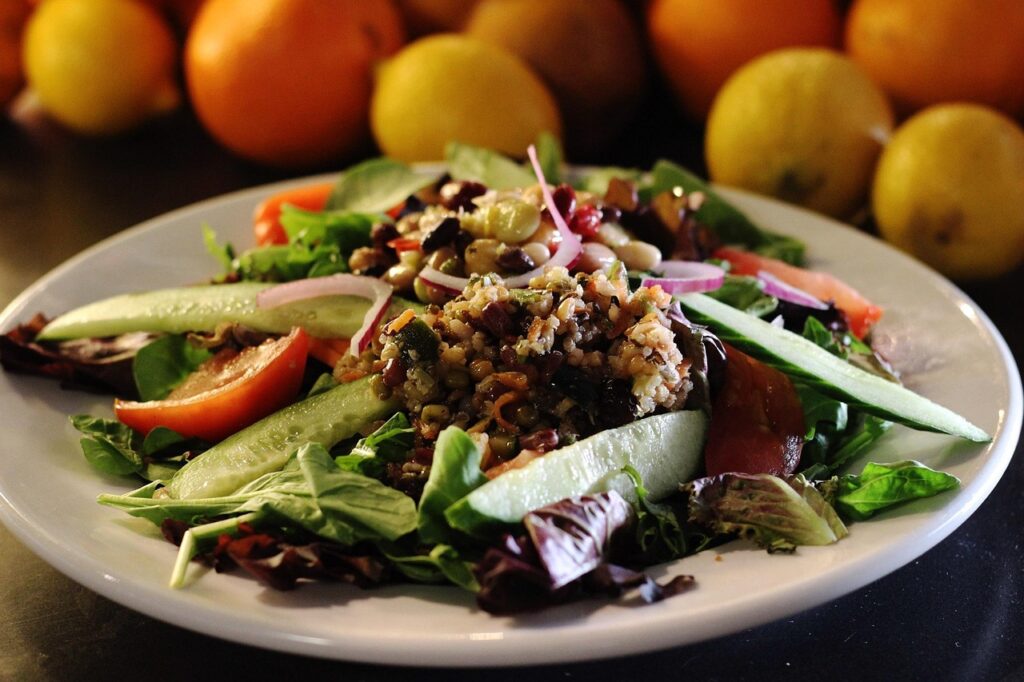I know what you’re thinking when you see another healthy cooking guide.
You’re picturing bland chicken and steamed vegetables. Hours of meal prep on Sunday. Recipes with 20 ingredients you’ll never use again.
That’s not what this is.
I’ve spent years developing recipes that actually taste good and don’t require you to quit your job to make them. Real food that happens to be better for you.
Here’s the truth: healthy cooking isn’t complicated. You don’t need special equipment or hard-to-find ingredients. You just need to know a few simple techniques that make a real difference.
This cooking infoguide fhthrecipe will show you how to make meals that are both healthy and satisfying. No restrictive rules. No food guilt. Just practical ways to cook better food.
You’ll learn techniques that work in your actual kitchen with the time you actually have. I’ll give you recipes you’ll want to make again (not just ones that look good in photos).
We’re not here to tell you what you can’t eat. We’re here to show you how to make what you love taste even better and feel better too.
By the end of this guide, you’ll have the knowledge and recipes to start cooking healthier meals today. Not someday when you have more time or motivation.
Right now.
The Core Principles of Healthy Cooking
You want to eat better but you’re tired of bland chicken and steamed broccoli.
I hear you.
Most people think healthy cooking means giving up flavor. They believe you have to choose between food that tastes good and food that’s good for you.
That’s just not true.
The way you cook matters more than what you cook. Frying adds hundreds of calories through oil absorption. But roasting? It brings out natural sweetness in vegetables. Grilling adds that smoky char without extra fat. Steaming keeps nutrients intact while baking creates crispy textures you actually crave.
Same ingredients. Different results.
Your pantry sets you up to win or struggle. Stock whole grains like quinoa and brown rice. Keep canned tuna and beans on hand for quick protein. Grab olive oil and avocados for the fats your body needs. And here’s the real secret: a spice rack that actually gets used.
Because here’s what nobody tells you about healthy cooking.
Flavor doesn’t come from butter and cream. It comes from knowing how to layer tastes.
Fresh herbs wake up any dish. Lemon zest adds brightness that makes your taste buds pay attention. Garlic and onions build that savory base you’re looking for. Spices like cumin, paprika, and coriander create depth without a single extra calorie.
You don’t need fancy techniques or expensive ingredients. You just need to understand that healthy food tastes boring when you cook it like it’s supposed to be boring.
It’s not.
Check out the snack infoguide fhthrecipe for quick ideas that prove this point.
Quick & Healthy Breakfast Recipes to Start Your Day
I’m not going to pretend mornings are easy.
You’re rushing to get out the door. Maybe you hit snooze three times (I do). And the last thing you want is to spend 30 minutes cooking.
But skipping breakfast? That’s when things fall apart by 10 AM.
Here’s what works for me when I need something fast and actually filling.
Protein-Packed Overnight Oats
Mix half a cup of oats with your choice of milk or yogurt. Add a tablespoon of chia seeds. That’s your base.
Now here’s where I’ll be honest. I’m still figuring out the perfect ratio myself. Some mornings I want it thicker, other times more liquid. You’ll need to experiment.
Toss in berries if you have them. A handful of nuts adds crunch. Or swirl in some peanut butter if you need extra protein.
Make it the night before. Grab it from the fridge when you’re running late.
5-Minute Spinach and Feta Scramble
Heat a non-stick pan with just a touch of oil. Crack two eggs and scramble them up.
Throw in a handful of spinach (it wilts down fast) and crumble in some feta cheese.
Three to five minutes and you’re done. You get protein and greens without thinking too hard about it.
Look, I won’t claim these are gourmet meals. But they work when you need fuel and you’re short on time.
For more recipes that actually fit into real life, check out fhthrecipe.
Energizing Lunch Ideas You Can Meal Prep
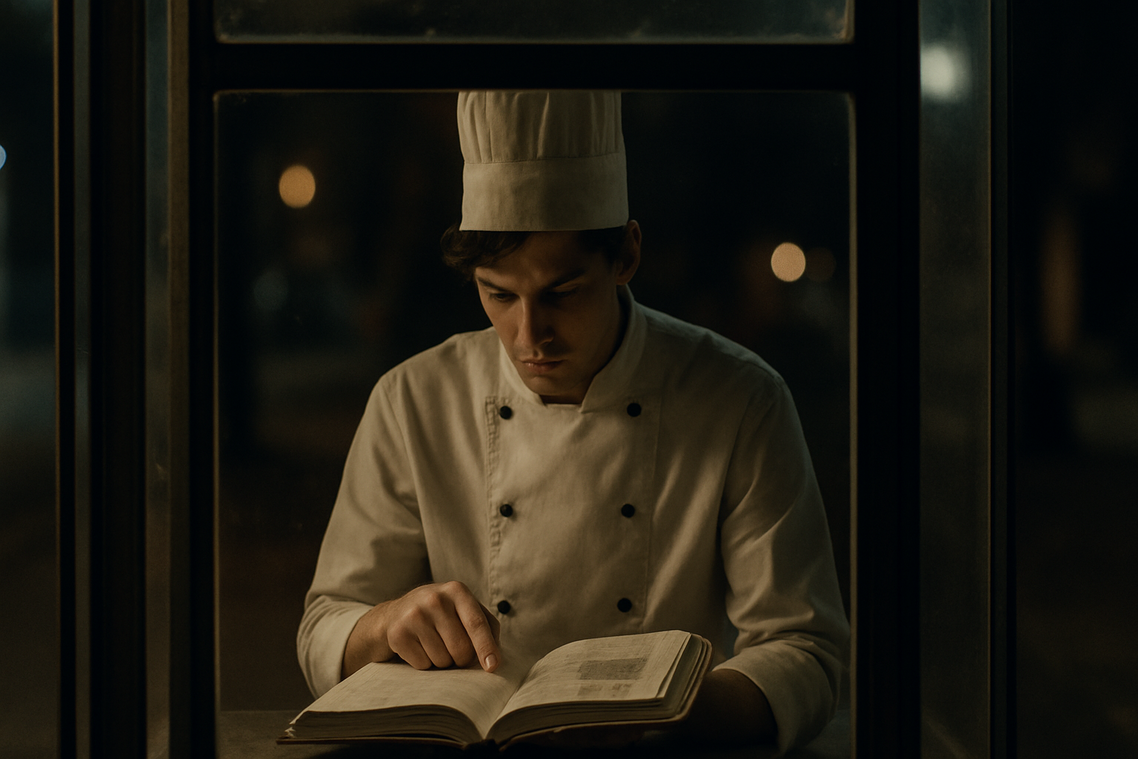
You know that feeling around 2 PM when your brain turns to mush?
Yeah, me too.
Most days I used to grab whatever was closest. Usually something greasy from the corner spot that left me feeling worse than before.
Here’s what changed everything for me. I started prepping lunches that actually gave me energy instead of stealing it.
Some people think meal prep means eating the same boring chicken and rice for five days straight. They say variety is impossible when you’re cooking ahead. And sure, if you’re making one giant batch of the same thing, they have a point.
But that’s not how I do it.
I prep components that I can mix up throughout the week. You get the convenience without feeling like you’re stuck in a food loop.
Let me show you two recipes that keep me going without the afternoon crash.
The Ultimate Quinoa Salad Jar
This one’s about the layering. Get it right and your salad stays crisp for days. Get it wrong and you’re eating soggy lettuce by Wednesday.
Start with dressing at the bottom. I make a simple lemon vinaigrette (just lemon juice, olive oil, a bit of Dijon mustard, salt and pepper). Pour about two tablespoons into your jar.
Next come your hard veggies. Cucumbers, carrots, cherry tomatoes. Things that won’t get mushy sitting in dressing.
Then add your quinoa. It acts like a barrier between the wet stuff below and the greens above.
Top it with protein. Grilled chicken, chickpeas, hard-boiled eggs. Whatever you’re feeling.
Leafy greens go on top. When you’re ready to eat, just shake it up and everything mixes together.
The benefit? You’re getting protein, complex carbs, and vegetables in one container. Your blood sugar stays steady instead of spiking and crashing like it does with takeout.
(Pro tip: Mason jars work great but any container with a tight lid does the job)
Sheet-Pan Lemon Herb Chicken and Veggies
This is my go-to when I don’t want to think too hard.
One pan. Twenty minutes of actual work. Lunches for three or four days.
Cut chicken breasts into even pieces so they cook at the same rate. Toss them with olive oil, lemon juice, garlic, and whatever herbs you have around. I usually go with thyme and rosemary.
Add your dense vegetables. Broccoli florets, bell peppers, red onion. Things that can handle high heat without turning to mush.
Spread everything on a sheet pan. Make sure nothing overlaps or it’ll steam instead of roast.
Bake at 425°F for about 25 minutes. The chicken should hit 165°F inside.
Let it cool, then portion it into containers. I usually do one chicken piece with a big scoop of veggies per container.
What you get is a balanced meal that reheats well. The protein keeps you full while the vegetables give you the nutrients your body actually needs to function.
And honestly? It tastes better than anything you’d grab from a food court.
If you want more quick meal ideas, check out this fhthrecipe smoothie recipe by fromhungertohope for breakfast options that pair well with these lunches.
The real win here isn’t just saving money or time. It’s having control over what goes into your body so you can actually make it through the afternoon without feeling like you need a nap.
Flavorful & Fulfilling Dinner Recipes
I remember the first time I tried to make a healthy dinner that my whole family would actually eat.
It was a Tuesday night. I was tired. And I stood in front of my fridge wondering how to make something that didn’t come from a box but also didn’t take two hours.
Here’s what I learned after months of testing different recipes.
You don’t need fancy ingredients or complicated techniques. You just need a few solid recipes that work every time.
One-Pan Baked Salmon with Asparagus
This one changed everything for me.
Preheat your oven to 400°F. Line a baking sheet with parchment paper and place your salmon fillets on one side. Arrange fresh asparagus spears on the other.
Drizzle everything with olive oil. Season with minced garlic, fresh lemon juice, and dill. Add salt and pepper.
Bake for 12 to 15 minutes. The salmon should flake easily with a fork and the asparagus should be tender but still have some bite.
That’s it. One pan. Twenty minutes total.
Hearty Turkey and Black Bean Chili
Back in the fall of 2022, I started making this chili every other week.
Brown a pound of lean ground turkey in a large pot. Add diced onions, bell peppers, and zucchini. Cook until the vegetables soften (about 5 minutes).
Stir in black beans, diced tomatoes, cumin, chili powder, and oregano. Let it simmer for 30 minutes so the flavors can blend together.
The real trick? Skip the sour cream and use Greek yogurt instead. You get the same creamy texture with way more protein.
Simple Swaps That Actually Matter
I’ve found that small changes make the biggest difference.
Cauliflower rice works great under stir-fries or curries. You won’t miss the white rice after the first few times. Greek yogurt can replace mayonnaise or sour cream in almost any sauce (I use it in everything now).
For more ideas on healthy meal prep and seasonal recipes, check out the cooking infoguide fhthrecipe.
These swaps don’t make your food taste like diet food. They just make it work better for your body.
Your Journey to Healthy Cooking Starts Now
You now have what you need to make healthy cooking part of your everyday life.
The core principles are simple. The recipes work. You can do this.
Here’s the thing about healthy eating: it’s not about cutting out everything you love. It’s about making smart choices that actually taste good.
When you focus on whole foods and use the right techniques, flavor takes care of itself. You don’t need complicated tricks or expensive ingredients.
I’ve seen it happen over and over. People think healthy cooking means bland food and hours in the kitchen. Then they try one recipe and realize how wrong they were.
The methods in this cooking infoguide fhthrecipe are designed to work with your schedule. They bring out the natural flavors in ingredients instead of masking them.
Pick one recipe from this guide and make it this week.
Just one.
You’ll see how simple it is. How good it tastes. How much better you feel when you eat food that actually nourishes you.
That’s all it takes to start. One meal that proves healthy cooking isn’t a chore or a sacrifice.
It’s something you’ll actually want to keep doing.
